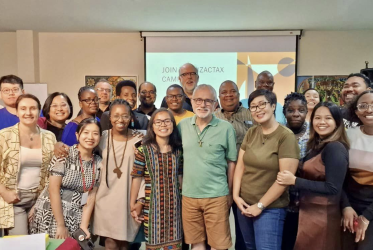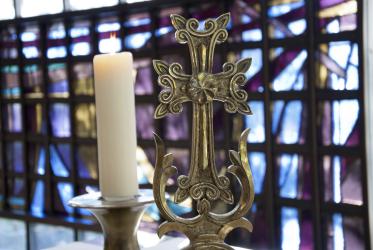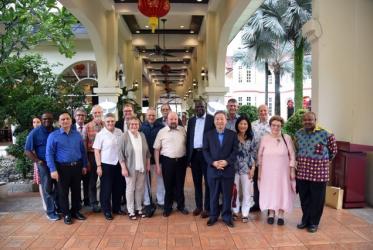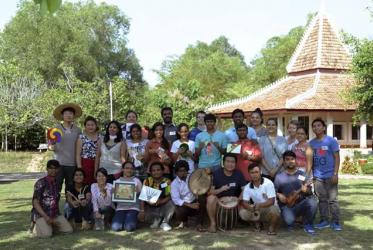Displaying 1 - 17 of 17
GEM School explores how to make new economic world order a reality
08 September 2023
Common prayer in Geneva responds to acts of violence
16 November 2015
Consultation brings rights of religious minorities into focus
18 September 2013












